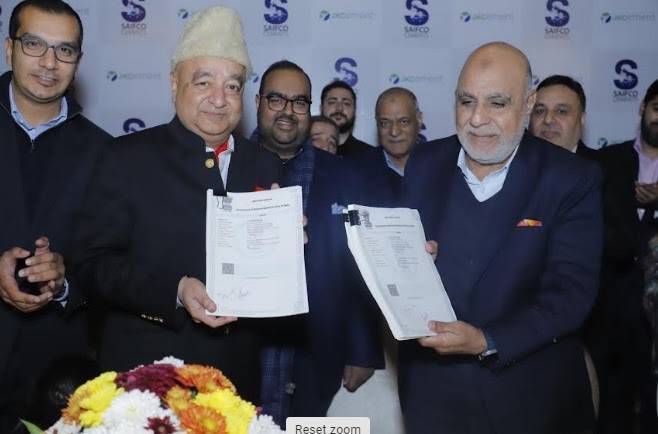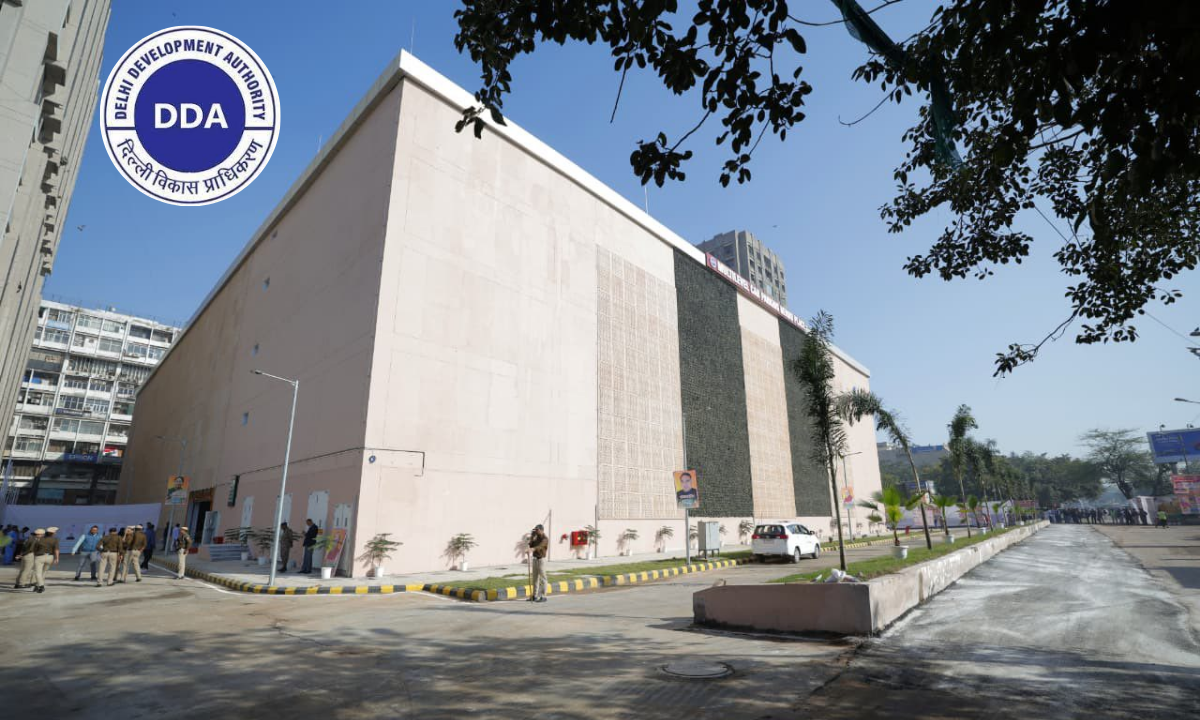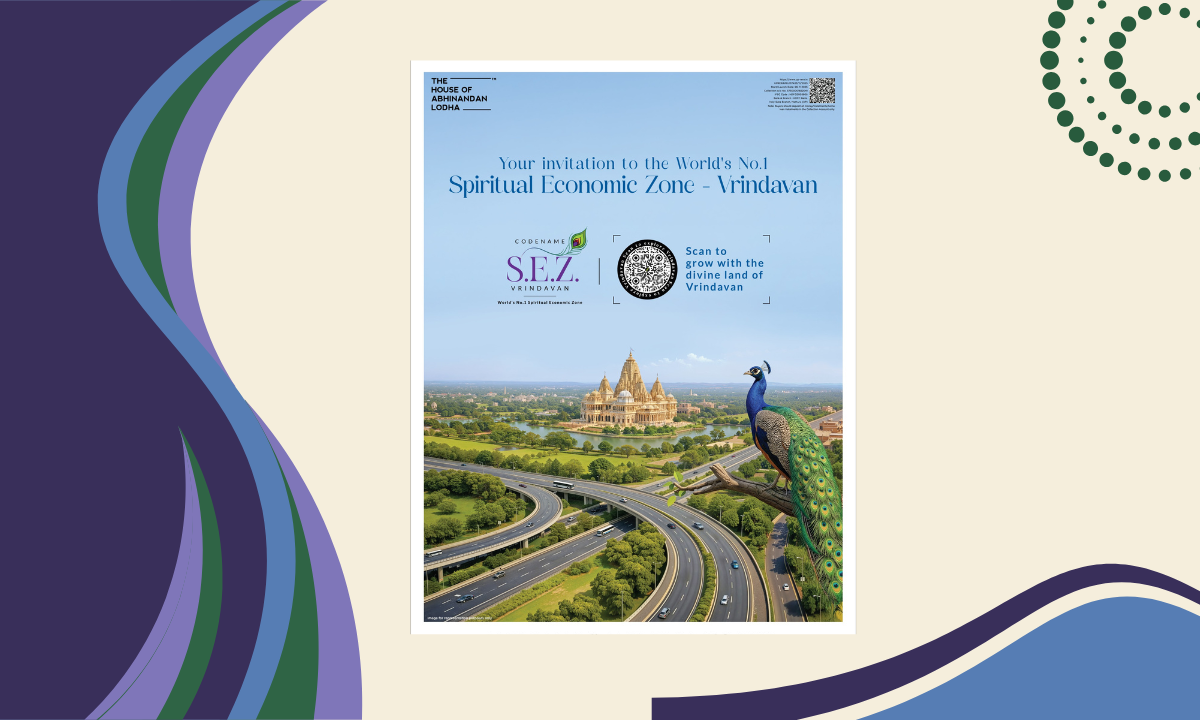The International Financial Services Authority (IFSCA), which governs the Gujarat International Finance Tec-City (GIFT City), is preparing to oversee the first set of direct listings of companies on the exchanges within the financial district. These companies, currently in the process of finalizing their initial public offering (IPO) papers, are poised to become the first to raise funds through IPOs at GIFT City.
The development follows the IFSCA’s notification of final regulations for direct listings in August of the previous year. Despite regulatory approval, the actual implementation of these listings faced delays due to certain challenges. The move marks a significant step in expanding GIFT City's role in India’s financial markets, diversifying its offerings beyond the current focus on derivatives trading.
Listing Regulations and Requirements
To be eligible for listing on exchanges in GIFT City, a company must meet specific financial criteria. These include having a revenue of at least Rs 20 million for the most recent financial year, or averaging this amount over the last three years. Additionally, the company must have a pre-tax profit of at least $1 million in the last financial year, or an average of $1 million over the last three years.
These requirements are intended to ensure that only financially stable companies with robust operations are able to list, thus maintaining the integrity and reputation of the GIFT City exchanges, namely NSE IX and India INX. Although these thresholds may limit the pool of companies eligible for listing, they also help to establish the exchanges as platforms for established, large-scale businesses.
Challenges in the Listing Process
Several challenges have delayed the direct listing process at GIFT City. First, while the regulations allow Indian unlisted companies to raise capital from foreign investors, they limit the potential pool of companies that could take advantage of these exchanges. Specifically, only Indian companies with operations outside of India or those seeking to hedge risks through foreign currency dealings are seen as viable candidates for listing on GIFT City’s exchanges.
Moreover, there is a limited interest from investment bankers who would traditionally take on the responsibility of handling IPOs. Given the small number of companies that meet the eligibility criteria, coupled with the relatively nascent stage of the GIFT City exchanges, many investment bankers are hesitant to participate in the IPO process.
GIFT City as a Financial Hub
The move to introduce direct listings in GIFT City aligns with the broader vision of making the financial district a global financial hub. Currently, the area is home to exchanges that offer derivative contracts, including the GIFT Nifty, a contract that tracks the Nifty 50 index. GIFT Nifty enjoys high trading volumes, with a total cumulative volume reaching $1.4 trillion, making it one of the most active contracts on the NSE IX platform.
In addition to the NSE IX, India INX, a subsidiary of the Bombay Stock Exchange (BSE), has recently launched its own Sensex index derivatives contracts. The success of these contracts highlights the growing interest in GIFT City as a destination for financial trading and investment. With the introduction of IPOs, GIFT City will further diversify its services, offering more options for companies looking to raise capital in India and abroad.
Regulatory Landscape and Future Outlook
The introduction of direct listings also signals a broader regulatory shift. Under the current framework, only unlisted Indian companies are permitted to list on the GIFT City exchanges. While this regulatory limitation narrows the scope of companies that can use these platforms, it also streamlines the process for businesses specifically seeking to attract foreign investment.
The new regulations will likely continue to evolve, as the success of the initial direct listings sets the tone for future listings. If the first few companies are able to successfully raise funds through their IPOs, it could prompt other Indian firms to consider GIFT City as a viable location for their listings.
For investors, the growth of GIFT City presents new opportunities to participate in the Indian market. With direct listings bringing fresh capital into the economy, there will likely be increased investment activity in the region. As GIFT City continues to grow and diversify, it could offer a broader array of investment products and opportunities for both domestic and international investors.









.png)